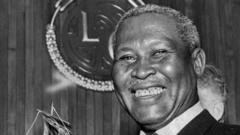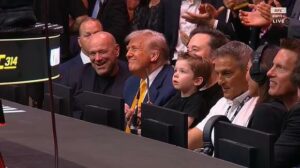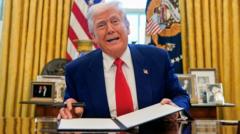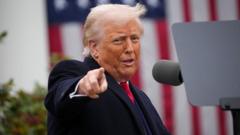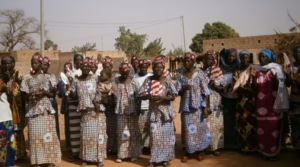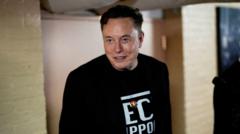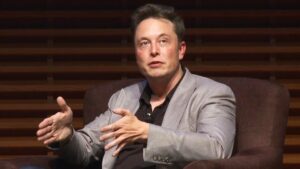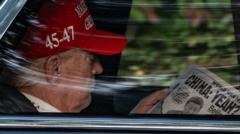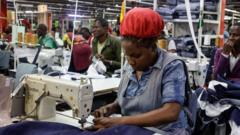South African President Cyril Ramaphosa's desire to attract investment from Elon Musk encounters challenges due to Musk's criticisms of regulations aimed at ensuring Black ownership in enterprises. A governmental directive aims to adjust these ownership rules to facilitate Starlink's entry, provoking political backlash over the implications of such changes.
South Africa's Efforts to Bring Starlink to Market Meet Controversial Ownership Laws

South Africa's Efforts to Bring Starlink to Market Meet Controversial Ownership Laws
Tensions rise as South Africa navigates Elon Musk's claims against its Black ownership laws while attempting to open up the market for satellite internet providers like Starlink.
South Africa is in the midst of a contentious debate regarding its regulatory framework for foreign companies, particularly in the context of attracting entrepreneur Elon Musk's satellite internet service, Starlink. President Cyril Ramaphosa has made public statements encouraging Musk to invest domestically, highlighting the unique ties Musk has to South Africa. However, Musk has publicly criticized the country’s existing laws, which mandate a degree of Black ownership in businesses, claiming they are discriminatory.
In response, Solly Malatsi, a government official responsible for telecommunications, is proposing a change in the regulations to allow satellite internet providers like Starlink to operate without the strict requirement of selling stakes to Black individuals. The proposed alternative would shift the focus towards facilitating investments in disadvantaged communities—aiming to provide a pathway for companies to engage without directly modifying ownership stakes. This proposal is still in the preliminary stages and will undergo a public consultation process before it can become law.
Critics of Malatsi's initiative, particularly from the opposition, argue that loosening these ownership mandates could perpetuate existing racial inequalities in a country still grappling with the legacy of apartheid. They argue that the original intent of the ownership regulations was to correct historical injustices and ensure economic inclusion for the disenfranchised population.
Musk, who moved from South Africa at a young age, has seen little occasion to return, and his strong remarks against the government’s legislation have raised eyebrows among South African lawmakers. As bureaucratic maneuvering continues, the balance between attracting foreign investment and addressing historical injustices remains precarious. The outcomes of these discussions could have significant implications for both the telecommunications landscape in South Africa and its socio-economic dynamics.

